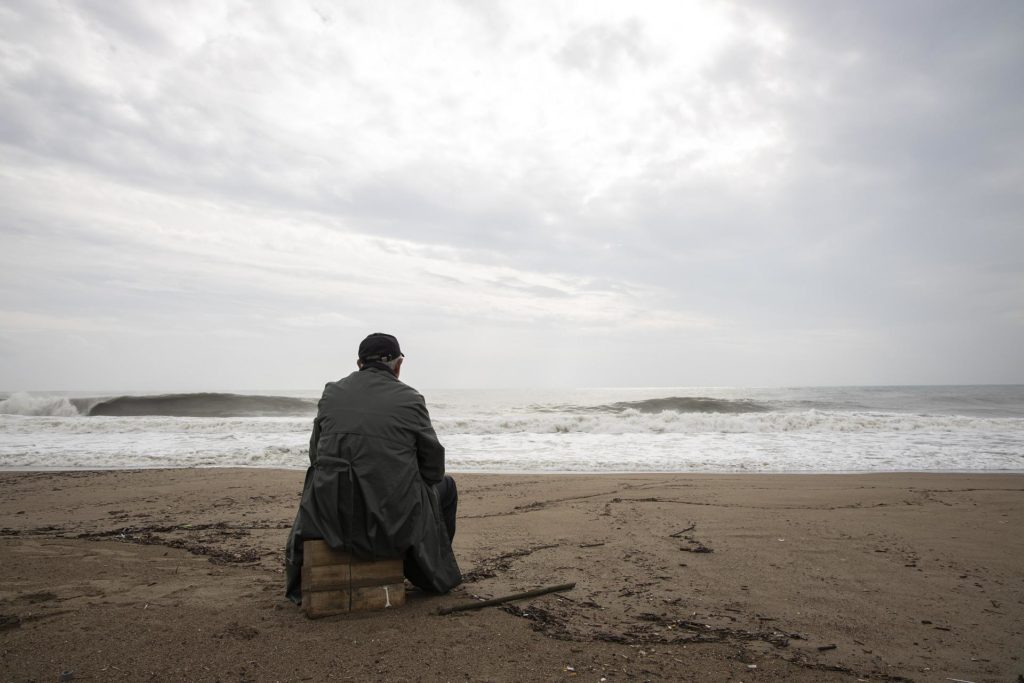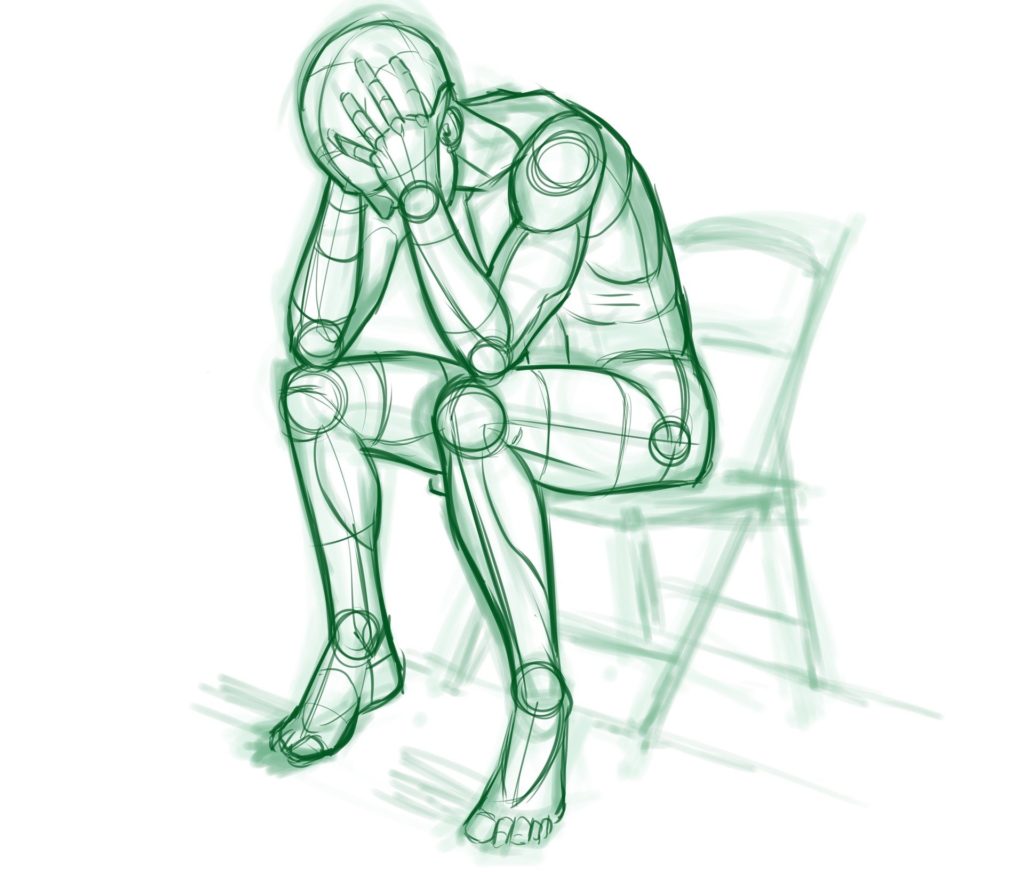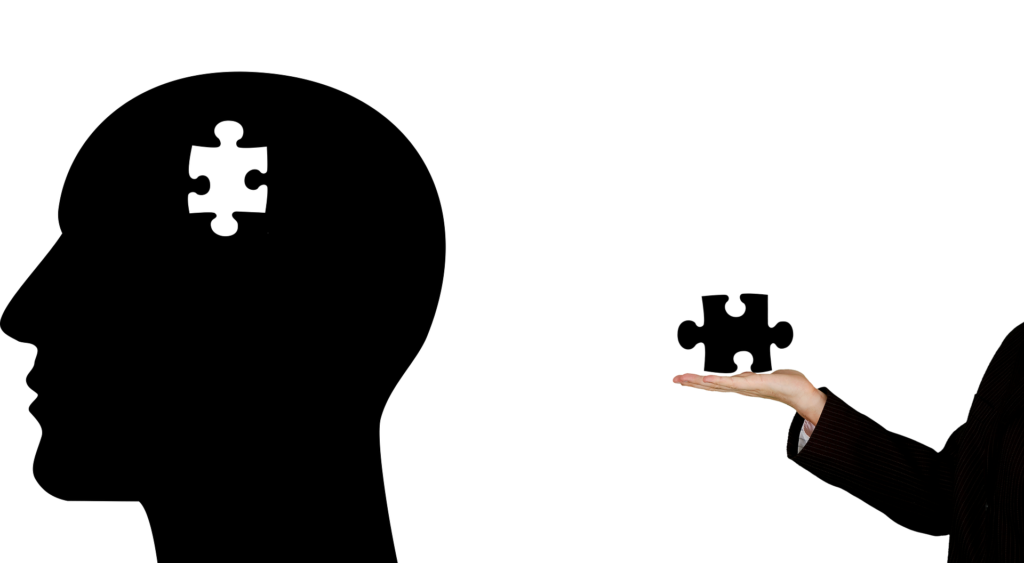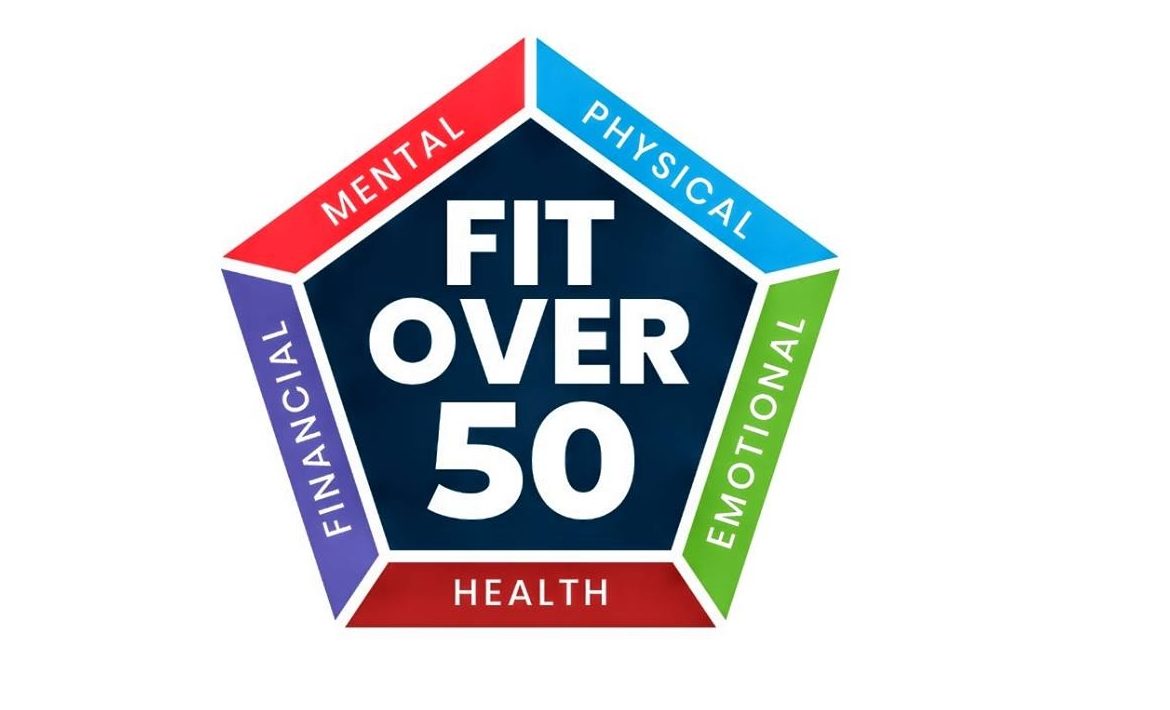
Depression is not just a “young person’s disease.” Older adults are just as susceptible to depression as any other age group. Some studies suggest that the number of older adults with depression may increase. So, what about depression in older adults?
There are many reasons why older adults are at risk for depression. For one, they may be coping with physical health problems or losing loved ones. They may also struggle with roles and responsibilities changes, such as retirement or becoming a caregiver.
If you are an older adult struggling with depression, know that you are not alone. There are many resources available to help you prevent depression. Counseling, medication, and lifestyle changes can all help improve mood and quality of life.
Tell Me The Meaning Of Geriatric Depression?
Depression doesn’t discriminate. It can affect anyone of any age. But it seems to be especially common in older adults. According to the National Institute of Mental Health, around 7% of people over 65 suffer from major depression.
There are many reasons why depression may be more common in seniors. One is that older adults may be dealing with several stressors and challenges – such as health problems, the death of loved ones, or feelings of loneliness and isolation. They may also have fewer support systems than younger people.
Medication May Be A Cause
Another reason depression is more common in seniors is that they may be more likely to take prescription medications. These prescriptions can cause side effects that lead to depression. These medications include antidepressants, sleeping pills, and painkillers.
Get Help if You Are Feeling Down
Whatever the reasons for depression in seniors, getting help is crucial if you’re feeling down. Some treatments are available, including therapy, medication, and lifestyle changes.
If you’re struggling with depression, don’t hesitate to seek help. There is no shame in seeking treatment. It shows you’re strong enough to take charge of your health and life.
Dementia Versus Depression
Dementia and depression are two severe illnesses that often overlap in older adults. It can be tough to distinguish between the two, as they share many similarities. However, there are some critical differences between dementia and depression.
Depression is a mental illness that causes a person to feel sad and hopeless for long periods. Dementia, on the other hand, is a neurological disorder that causes cognitive decline and memory loss.

Read About Alzheimer’s Disease
Depression Can cause Cognitive Impairment Like Dementia
Depression can cause severe cognitive impairment, just like dementia. However, treatment for depression can often restore a person’s cognitive function. In contrast, there is no cure for dementia, which can often be irreversible.
Although both dementia and depression are serious illnesses, depression is often more manageable than dementia. Treatment for depression can help improve a person’s mood and quality of life. In contrast, treatment for dementia usually only slows down the progression of the disease.
Suppose you are worried about someone you know who may be suffering from dementia or depression. In that case, getting them help as soon as possible is crucial. Both diseases can be fatal if left untreated.
Tell Me The Symptoms Of Geriatric Depression?
Depression is a mood disorder that causes feelings of sadness, emptiness, and hopelessness that can last for weeks or months. Some people who have depression are unaware they are suffering from depression. They often feel numb or less interested in activities. They might have a hard time expressing feelings.
Symptoms Vary
Depression is different for everyone and can cause various symptoms, varying in severity from person to person. Some common symptoms of depression include feeling sad, hopeless, or empty; feeling numb or less interested in activities; having trouble concentrating, remembering details, or making decisions; withdrawing from friends and family; experiencing changes in sleep habits (such as insomnia or oversleeping); losing or gaining weight; and feeling restless, irritable, or anxious.
Depression can affect people of any age, but it is more commonly seen in older adults. You can treat depression with medication, therapy, and other treatments. If you think you might be suffering from depression, you must speak to a doctor about your symptoms.

Causes Of Depression In Older Adults
As you age, the risks of geriatric depression can increase with a lifestyle change. Some possible causes of depression in older adults include:
Loneliness And Isolation
When people retire, they often lose their sense of identity, self-confidence, and financial security. This can lead to feelings of loneliness and isolation, which can, in turn, trigger depressive symptoms.
A Loss Of Motivation
Retirement can also be when people lose their sense of purpose in life, leading to a lack of motivation and decreased well-being.
Medical Issues
Older adults are more likely to suffer from medical issues such as chronic pain, memory loss, and physical disabilities. These conditions can often lead to depression.
If you are experiencing any of the above symptoms, it is vital to seek help from a doctor or therapist. There is no shame in seeking treatment for depression – it is a common and treatable condition. With the proper support, you can overcome your depression and enjoy a happy and fulfilling life in your golden years.
What Are Risk Factors Of Depression?
Depression is not a simple topic. It can be caused by many different things and can have many various risks. In some cases, it may be challenging to determine what is causing someone to become depressed. Some of the most common risk factors of depression are listed below.
A significant life event is one of the most common risk factors for depression. This could be anything from the death of a loved one to a move or a job change. These events can be incredibly stressful and lead to depression in some people.
Another common risk factor for depression is changes in the brain. For example, people with serious illnesses may feel depressed due to their condition. This can be incredibly difficult to deal with and lead to depression in some people.
Finally, sometimes people will feel sad or unsatisfactory for no apparent reason. While this may not always lead to depression, it can contribute. Suppose someone feels down for an extended period of time. In that case, it is vital to seek help to determine if they have experienced depression.
Depression in Older Adults
Depression in the elderly is a medical condition that often goes unnoticed or untreated. The symptoms of depression can be different in older adults than in younger people, and they can include:
Persistent Sad Feelings
Older adults may feel sadder for more extended periods than younger people.
Slowed Down
Older adults may move or speak more slowly than usual.
Excess Worries Over Finances Or Health Problems
Older adults may constantly worry about their health or money situation.
Periodic Tearful Feelings
Older adults may cry more quickly than usual.
Feelings Of Weakness Or Illness
Older adults may feel constantly ill or weak with numerous medical conditions.
Change In Diet
Older adults with depression may lose their appetite or eat more than usual.
What Are Some Consequences Of Geriatric Depression In The Elderly?
Depression in the elderly can lead to consequences, including social isolation, a decline in physical health, and an increased risk of death.
Social isolation is a common problem among older adults who are depressed. When people are depressed, they often withdraw from friends and family, which can lead to a feeling of loneliness and isolation. This can harm the elderly, who risk becoming isolated due to declining health and increasing frailty.
A decline in physical health and medical conditions are another consequence of depression in the elderly. People who are depressed have less energy and motivation, which can lead to a decline in their physical activity level. This can result in weight gain, an increased risk of chronic diseases and other medical illnesses, and a decreased life expectancy.
Lastly, depression can increase the risk of death among the elderly. Research has shown that people who are depressed are at an increased risk of dying from all causes, including heart disease, stroke, and accidents. This is particularly concerning given that depression is a very treatable condition. If left untreated, depression can have tragic consequences for the elderly.
What Is The Most Common Cause Of Depression In Older Adults?
Physical health problems are one of the most common causes of depressed older adults. Medical conditions like heart disease, stroke, and diabetes can lead to depression.
Grief or loss is also a common cause of depression in older adults. Losing a loved one, moving to a nursing home, or becoming ill can all lead to feelings of sadness and despair.
Loneliness is also a significant contributor to depression in an older person. As people get older, they often lose their friends and family, leaving them isolated and alone.
And finally, retirement can be a significant cause of depression in older adults. When people retire, they often lose their sense of purpose and identity, which can lead to feelings of sadness and despair.
If you are experiencing symptoms of depression, it is essential to seek help. There are many different treatments available for depression, including therapy and medication. Don’t hesitate to ask for help if you need it.

How Does Mental Health Affect The Elderly?
Mental health is just as important in the elderly as in any other age group. However, some unique factors can affect mental health in the elderly.
One factor is that the elderly may have more difficulty adjusting to changes. This can be due to many things, such as losing loved ones or friends, moving to a new home, or dealing with health problems. All of these changes can be stressful and worsen depression or cause anxiety.
Another factor is that the elderly may be more likely to experience loneliness or isolation. This can be due to living alone, having few friends or family nearby, or feeling like they don’t fit in anymore. Loneliness and isolation can lead to depression and a decreased quality of life.
Despite these challenges, it’s important to remember that most older adults are still mentally healthy. You can do many things to help support your loved one’s mental health. Such as often visiting, engaging in conversation, and helping them stay active and involved in their community.
How Is Depression Treated?
Depression is a severe mental illness that can cause many negative emotions, thoughts, and behaviors. Left untreated, depression can be debilitating and even deadly. However, it is a treatable medical condition.
Depression is highly treatable, and most people who receive treatment experience significant relief from their depression symptoms.
There are many different ways to treat clinical depression, and the best treatment plan for each individual will vary depending on their unique situation. Some of the most common treatments for depression include medication, therapy, and lifestyle changes.
Medication is often an essential part of depression treatment. There are a variety of medications available that can help relieve symptoms of depression. These medications work by altering the levels of certain brain chemicals associated with moods and emotions.
Therapy is also a meaningful way to treat depression. Cognitive-behavioral therapy (CBT) is one therapy that is effective in treating depression in older adults. CBT helps patients change how they think about themselves and their situations, which can help them feel better emotionally and behave more positively.
Lifestyle changes can also help treat depression. Exercise, for example, is effective in reducing symptoms of depression. Other lifestyle changes that may be helpful include getting enough sleep, eating a balanced diet, and avoiding alcohol and other drugs.
Know When To Seek Professional Help
If you are feeling down, there’s no need to feel ashamed or embarrassed. Depression is a real and serious condition, and it should be treated as such. Here are a few things to keep in mind when it comes to seeking professional help for depression:
1. Treatment of depression is as effective in younger adults and older patients. Since depression in the older age group may have been created due to difficulties in a person’s life, treatment should be considered. This may include medication, therapy, and other treatments.
2. Loneliness can play a significant role in depression, so addressing feelings of loneliness or isolation is essential. Seek out social activities or groups that can provide support and friendship.
3. Don’t try to deal with depression on your own. Getting help from professionals who can provide the support and guidance you need to recover is essential. Make medical appointments and keep them.

The Final Takeaway
Depression is a severe mental health issue that can affect anyone, regardless of age. Older adults are particularly vulnerable to depression for a variety of reasons. Some of the most common causes of depression in older adults include physical health problems, social isolation, a lack of purpose or meaning in life, and medication side effects.
Many risk factors can also increase with old age and a person’s chances of developing depression. These include a family history of depression, prior episodes of depression, a lack of social support, and chronic stress.
Like Our Face Book Page
